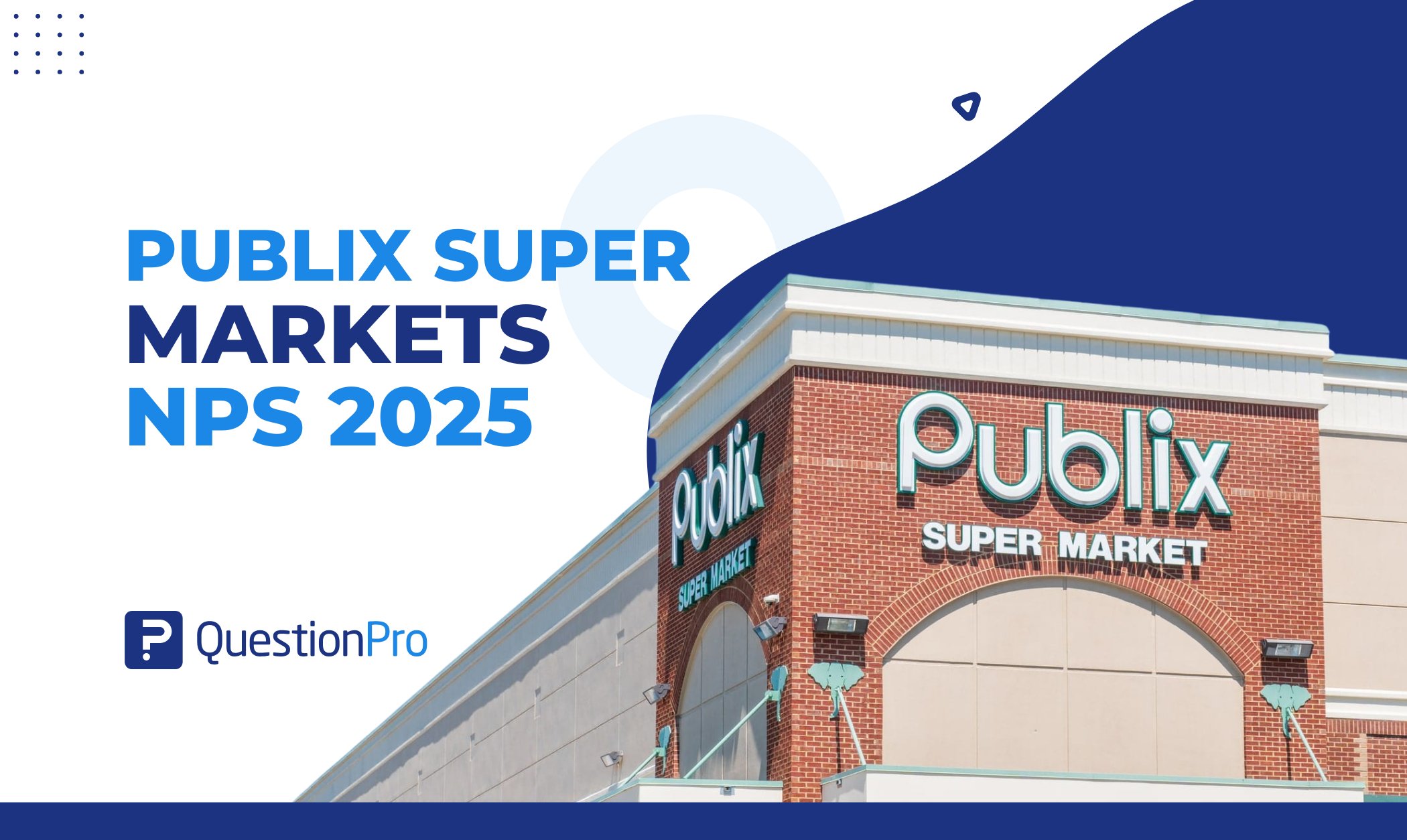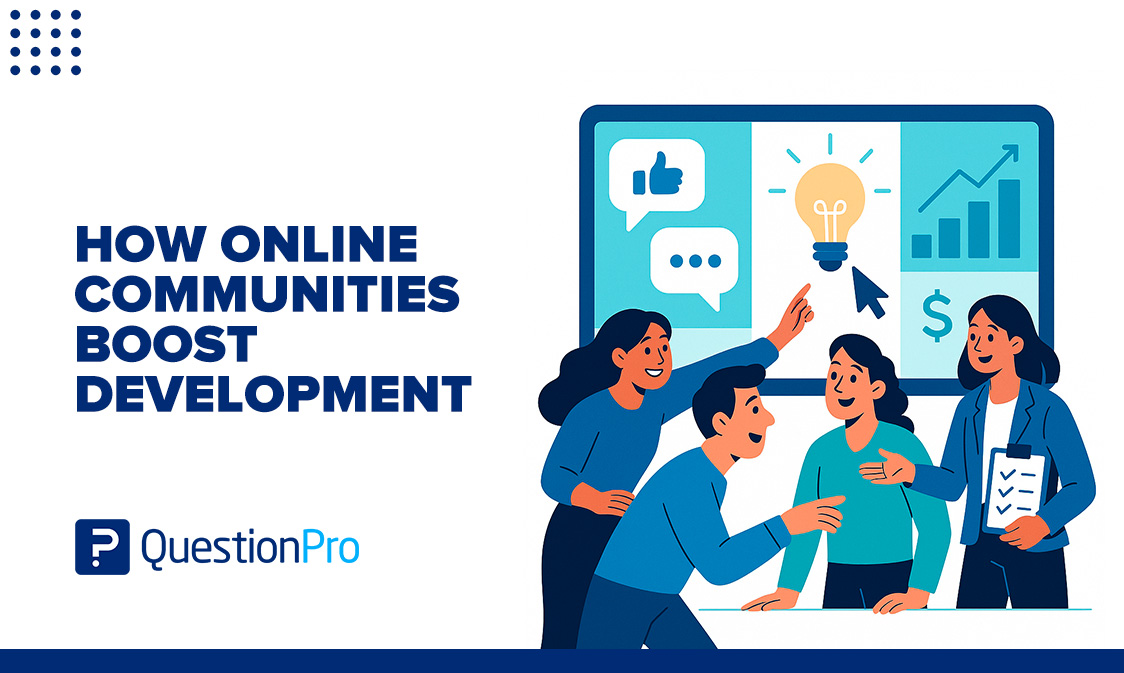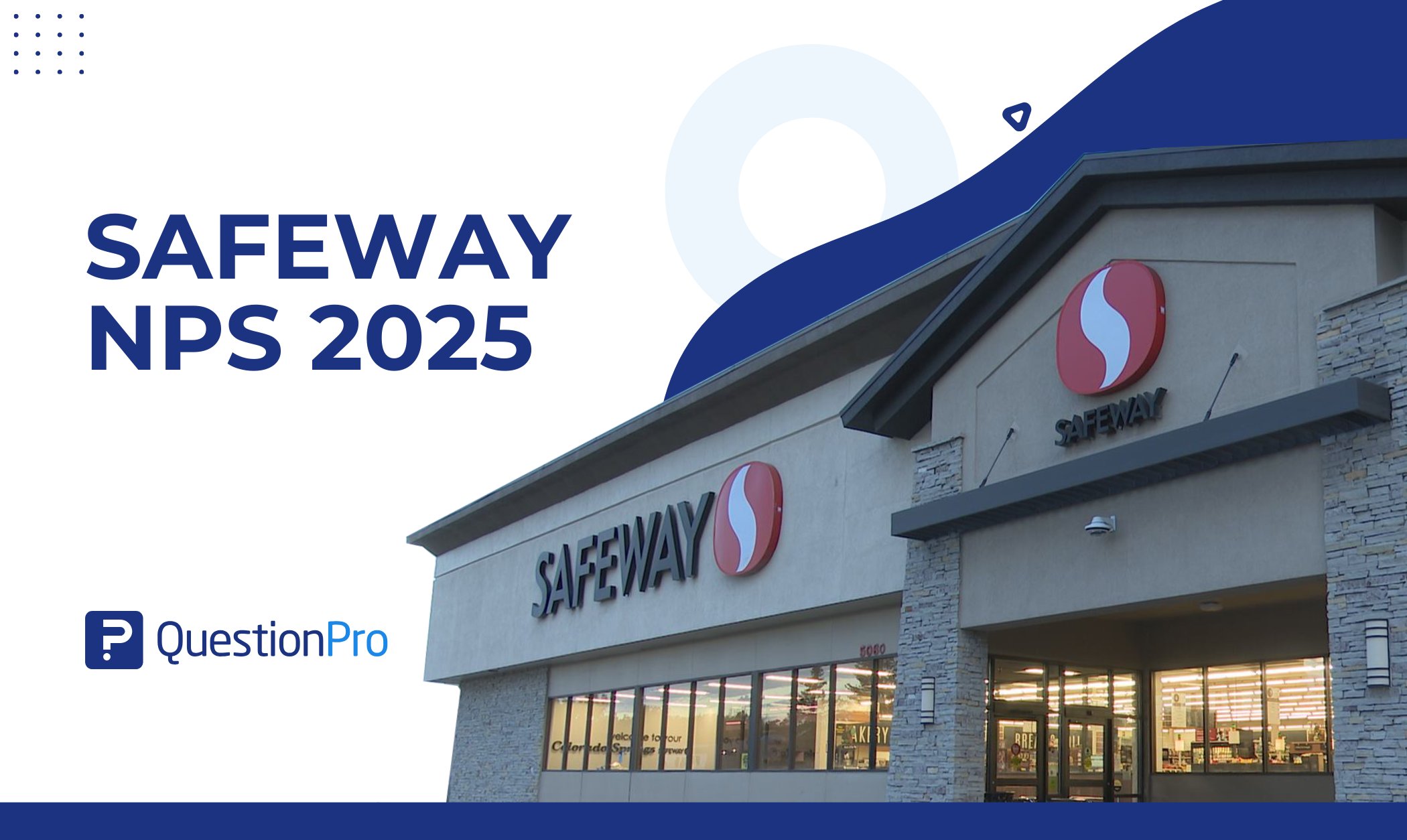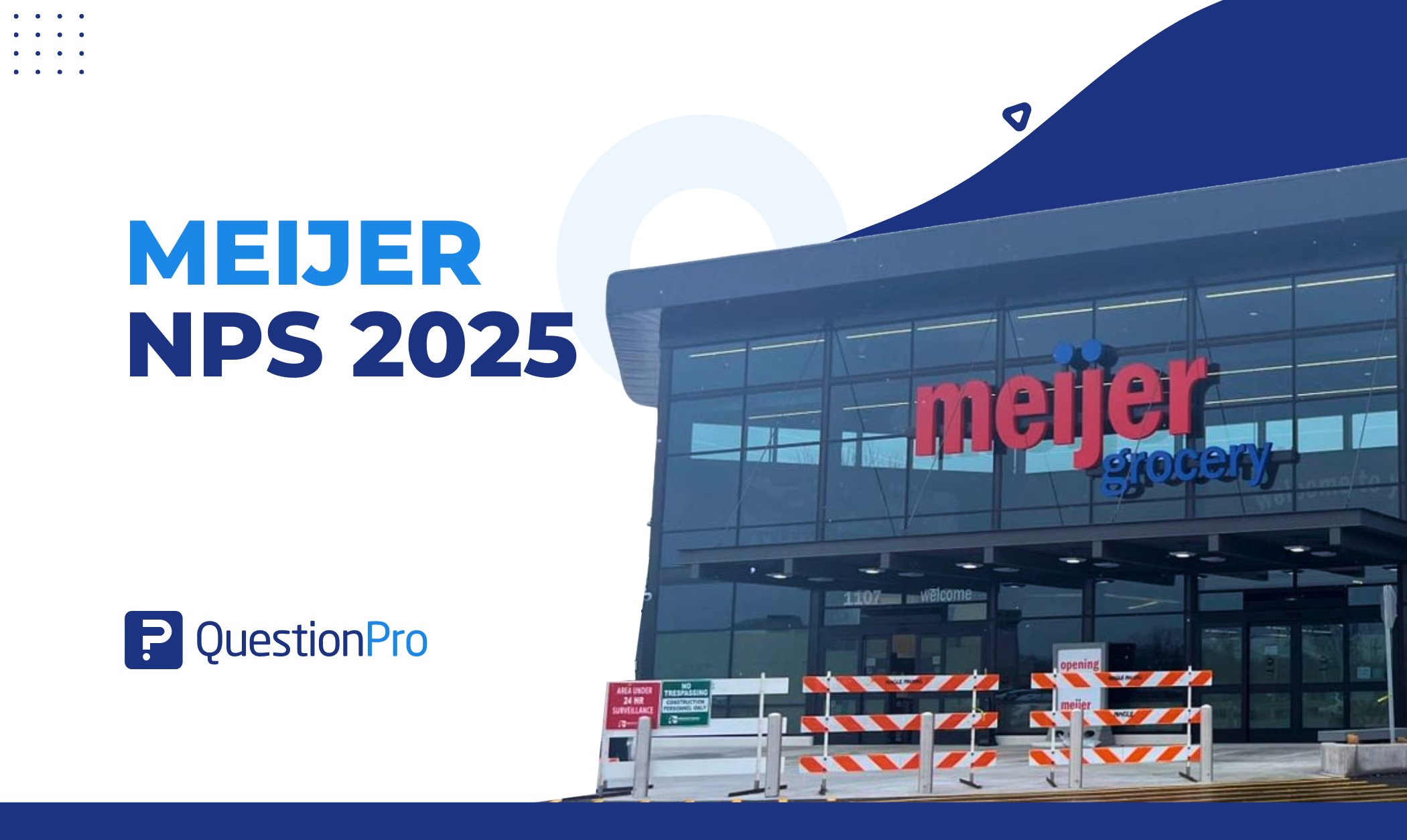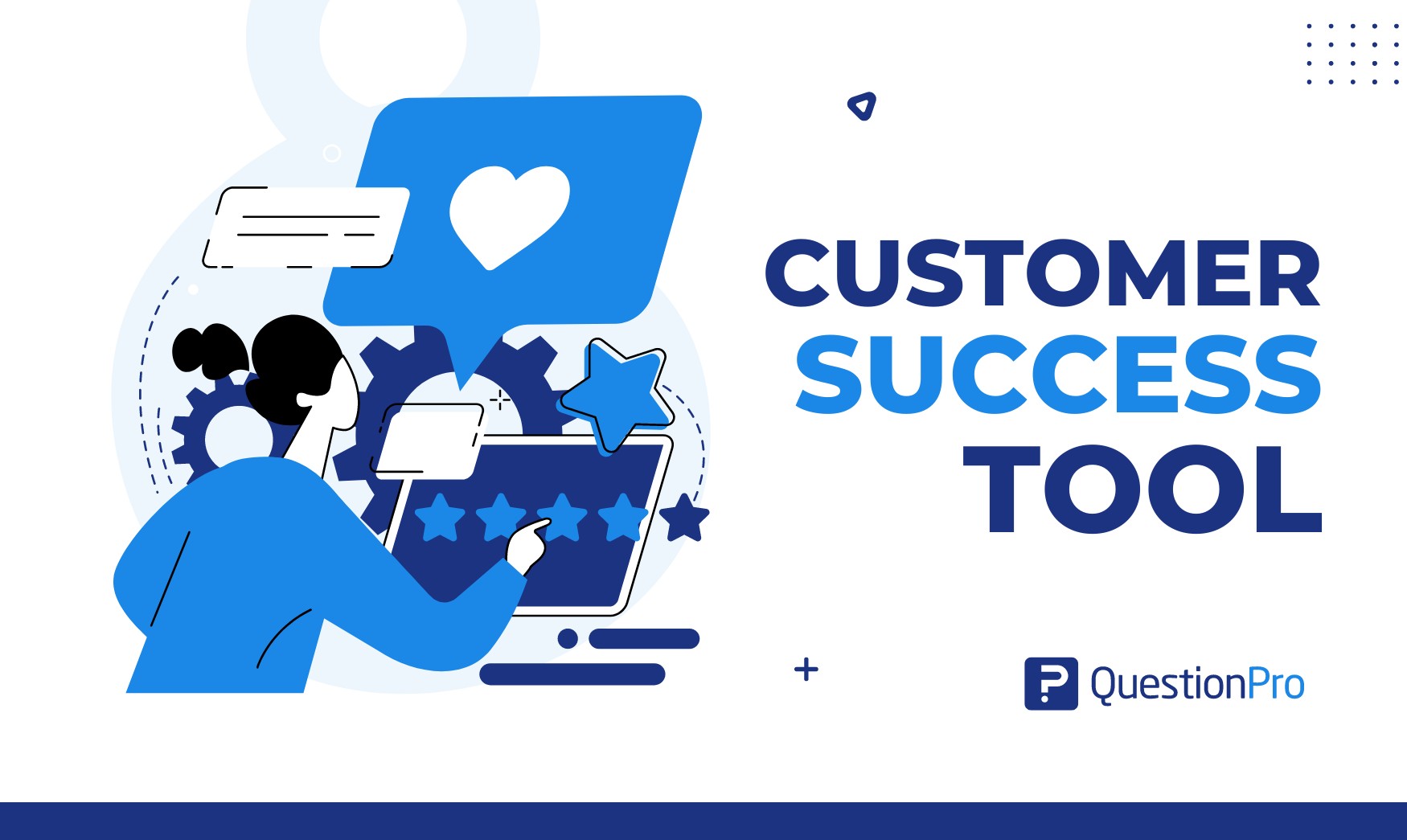
A customer success tool is not just a tool; it is the key to empowering businesses. These tools enable proactive management and improvement of client interactions, providing a comprehensive solution to address emerging challenges and seize opportunities.
With advanced analytics and automation features, these tools enable organizations to respond effectively to customer inquiries and issues and anticipate their needs, boosting a proactive and personalized approach to customer relations.
These innovative customer success solutions enable enterprise companies to provide exceptional customer experiences, improving every customer journey stage. This journey should consider everything from engagement to long-term retention and expansion. They are the key to developing solid and enduring customer relationships, a crucial aspect of any successful business.
What is a Customer Success Tool?
A customer success tool is a comprehensive and user-friendly customer sucess software solution. It’s designed to assist businesses in effectively managing and nurturing customer relationships. At its core, this customer success software is a centralized platform that enables companies to streamline various aspects of customer interactions, from initial engagement to ongoing support and beyond.
Through advanced analytics capabilities, it provides insights into customer behavior, preferences, and satisfaction levels, empowering organizations to make data-driven determinations and tailor their strategies accordingly. A customer success platform stands out for its proactive engagement capabilities, empowering businesses to meet and anticipate and meet customer needs preemptively.
Monitoring metrics like customer health scores and engagement levels helps organizations identify challenges and opportunities, allowing for targeted interventions to boost satisfaction and loyalty. Customer success platforms thus foster strong relationships, reduce churn, and enhance value, driving sustained growth and success.
What are the Uses of Customer Success Tools?
Customer success tools are not just tools but empowering resources that enable businesses to enhance the overall customer experience automation and drive business growth. Here are some of the critical uses of these empowering tools:
1. Customer Engagement
Customer success tools enable businesses to foster meaningful customer interactions across various channels, facilitating customer conversations and addressing customer queries effectively. These customer success platforms help strengthen relationships and build rapport by providing personalized communication and support.
2. Retention Optimization
One of the primary proactive goals of customer success tools, such as customer health score trackers, is to minimize customer churn and maximize retention rates. Through data analysis and proactive interventions, businesses can identify at-risk clients and take targeted actions to address their needs and concerns, improving overall retention rates.
3. Data Analytics
Customer success tools leverage data analytics to achieve insights into customer behavior, preferences, and satisfaction levels. Analyzing customer data empowers businesses to discern trends, patterns, and areas ripe for improvement, enabling customer success teams to make data-driven decisions.
4. Lifecycle Management
These tools support businesses in managing the complete customer journey, spanning initial onboarding through renewal and expansion phases. By automating processes and workflows, companies can streamline customer interactions and ensure a seamless experience at every stage, effectively managing the customer lifecycle.
5. Feedback Collection
Customer success tools empower businesses to collect feedback via surveys, feedback forms, and various communication channels. By systematically gathering and analyzing customer feedback, companies can glean invaluable insights into overall customer satisfaction levels and pinpoint areas for enhancement, fostering a culture of continuous improvement.
Customer success tools are crucial in helping businesses proactively engage with their customers, optimize retention rates, leverage data insights, manage the customer lifecycle effectively, and gather valuable feedback to drive continuous improvement and growth. With these existing tools, companies can stay ahead of customer needs and ensure their satisfaction.
12 Essential Features of a Customer Success Tool
Building lasting customer relationships is crucial. Customer success tools are essential customer sucess software solutions designed to optimize customer journeys. Here are twelve critical features of these tools:
1. Customer Data Management
Offers rich capabilities for managing and organizing customer data effectively, including:
- Secure Data Storage and Centralization: Safely stores and centralizes customer information for easy access.
- Comprehensive Information Management: Includes contact details, interaction history, preferences, and purchase records.
- Data Enrichment: Enhances customer data with additional information to provide deeper insights.
- Data Cleansing: Ensures the accuracy and reliability of customer data by removing inaccuracies and duplicates.
- Data Governance: Maintains compliance with regulations and standards to protect data integrity and privacy.
2. Customer Health Monitoring
It utilizes a combination of metrics, such as product usage, customer feedback, and support interactions, to gauge each customer’s overall health and satisfaction level. This enables businesses to identify customers at risk and address their needs proactively.
3. Data Analytics
This service provides powerful analytics tools to:
- Delve into Extensive Customer Data: Analyze detailed information about customer behavior, preferences, and trends.
- Identify Behavior Patterns: Recognize recurring actions and tendencies among customers.
- Understand Customer Preferences: Gain insights into what customers prefer and value.
- Spot Trends: Detect emerging trends and shifts in customer behavior.
4. Lifecycle Management
Provides tools and workflows to manage the entire customer lifecycle, from onboarding and activation to retention and expansion. It includes automated processes for customer onboarding, renewal management, and upselling/cross-selling opportunities.
5. Proactive Engagement
This enables businesses to engage with customers proactively through personalized communication and targeted interventions. Examples include sending proactive notifications, offering personalized recommendations, or providing timely support to address customer needs.
6. Customer Segmentation
It allows businesses to segment customer base according to diverse criteria, such as:
- Demographics: Group customers by age, gender, location, and other demographic factors.
- Behavior: Categorize customers based on their interactions and activities.
- Usage Patterns: Divide customers according to how they use products or services.
This segmentation allows for:
- Targeted Communication: Craft personalized messages for each segment.
- Tailored Strategies: Develop specific approaches to meet the unique needs of different customer groups.
7. Automation
This involves automating repetitive tasks and workflows to streamline processes and boost efficiency. It encompasses automating customer communication, task delegation, and data synchronization across systems.
8. Feedback Collection
Provides various channels for collecting customer feedback, including surveys, feedback forms, and in-app feedback mechanisms. This feedback is essential for grasping customer needs, pinpointing areas for enhancement, and gauging customer satisfaction.
9. Integration Capability
It integrates with other systems and tools, such as CRM platforms, marketing automation customer sucess software, and helpdesk customer success solutions. It allows for seamless data sharing and workflow management across different departments within the organization.
10. Alerts and Notifications
This department sends alerts and notifications to customer success teams or customer success managers about important events or changes in customer behavior. It ensures timely action and prevents potential issues from escalating.
11. Customer Success Playbooks
Provides predefined playbooks or workflows for common customer scenarios, such as onboarding new customers, handling churn risks, or driving expansion opportunities. These playbooks serve as a guide for customer success teams and ensure consistency in their approach.
12. Reporting and Dashboards
Customer success tools generate comprehensive reports and dashboards to visualize key metrics and performance indicators. They:
- Track Customer Churn Rate: Monitor the rate customers stop doing business with the company.
- Measure Lifetime Value: Calculate the total revenue a customer is expected to develop over their relationship with the business.
- Monitor Net Promoter Score (NPS): Assess customer loyalty and satisfaction by tracking NPS.
- Provide Visualization of Key Metrics: Display crucial data and trends through detailed reports and dashboards.
- Enable Data-Informed Decisions: Help businesses make informed choices based on comprehensive data analysis.
These features empower businesses to proactively manage customer relationships, optimize retention rates, and drive sustainable growth by delivering exceptional customer experiences.
Who can Use the Customer Success Tool?
Various stakeholders within a business can benefit from customer success tools:
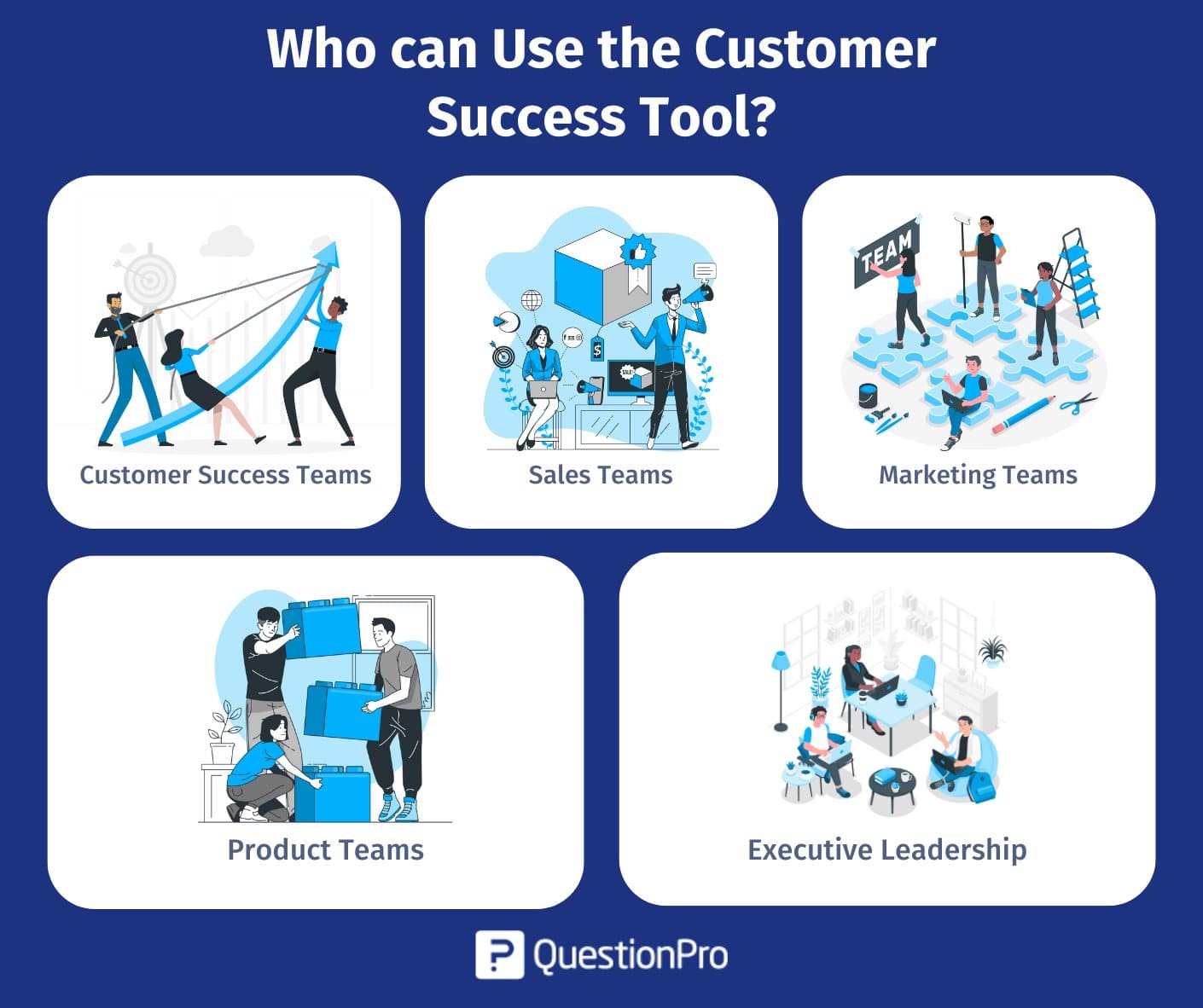
Customer Success Teams
These teams are directly responsible for overseeing customer relationships and ensuring their success. customer success tools provide them with the necessary resources to monitor customer health, track engagement, and deliver proactive support, ultimately leading to higher retention rates and increased customer satisfaction.
Sales Teams
Customer success tools enable sales teams to glean insights into customer needs and preferences, empowering them to customize their sales pitches and offerings for greater effectiveness. By understanding customer behavior and satisfaction levels, sales teams can identify upsell and cross-sell opportunities to drive additional revenue.
Marketing Teams
Marketing teams can use Customer Success Tools to gather customer feedback, identify trends, and refine their marketing strategies. By understanding what resonates with customers and doesn’t, marketing teams can create more targeted campaigns and messaging to attract and retain customers.
Product Teams
Product teams can benefit from customer success tools by gaining insights into how customers use their products and where they may be experiencing challenges. This information can inform product development efforts, helping teams prioritize features and enhancements that drive to improve customer satisfaction and loyalty.
Executive Leadership
Executive leadership can use customer success tools to gain visibility into overall customer health and satisfaction levels. This information can inform strategic decision-making and help executives understand the impact of customer success initiatives on business performance.
Any business prioritizing customer satisfaction and retention can benefit from implementing a Customer Success Tool. These tools provide valuable insights, streamline processes, and empower teams to deliver exceptional customer experiences, ultimately driving business growth and success.
How to Choose the Right Customer Success Tool
Choosing the right customer success tool is crucial for the success of your business. Here are some key factors to consider when making your decision:
1. Identify Requirements
Begin by assessing your specific requirements and objectives. Consider elements like the size of your customer base, the intricacy of your products or services, and your team’s capabilities and workflows.
2. Feature Set
Look for a customer success software with features and functionalities to help you manage customer relationships effectively. It may include customer health monitoring, data analytics, proactive engagement tools, and automation capabilities.
3. Ease of Use
Choose an intuitive and user-friendly tool, ensuring the customer success team can easily navigate the platform and maximize its potential without extensive training or support.
4. Scalability
Ensure the customer success software can scale with your business as it grows. Look for customer success management software to accommodate increasing numbers of customers, users, and data volumes without compromising performance or usability.
5. Integration Capabilities
Evaluate the tool’s compatibility with current systems and workflows to ensure seamless integration. Look for customer sucess software that seamlessly integrates with marketing automation, CRM, and other relevant tools to ensure smooth data exchange and workflow management.
6. Customization Options
Select a customer success software that provides flexibility and customization features tailored to your business needs and requirements. It may include customizable dashboards, reporting tools, and workflow automation features.
7. Customer Support
Evaluate the level of customer support the customer success software vendor provides. Seek out a provider that delivers prompt customer support, extensive training materials, and continuous assistance to ensure you fully leverage the tool’s capabilities.
8. Cost
Consider the tool’s cost and whether it aligns with your budget constraints. Evaluate the pricing structure, including upfront fees, subscription plans, or additional costs for add-on features or support services.
By carefully evaluating these factors and choosing a customer success tool that aligns with your specific needs and objectives, you can effectively streamline processes, optimize customer relationships, and drive long-term success for your business.
If you’ve been searching for a hassle-free way to handle subscriptions, explore the top subscription management software options that can help make your billing processes smoother and contribute to the overall growth of your business.
9 Best Customer Success Tools of 2025
In an era of paramount customer satisfaction, businesses increasingly turn to advanced solutions to engage, retain, and delight their customers.
1. QuestionPro
QuestionPro is a versatile survey and feedback management platform that helps businesses gather customer insights to drive informed decision-making.
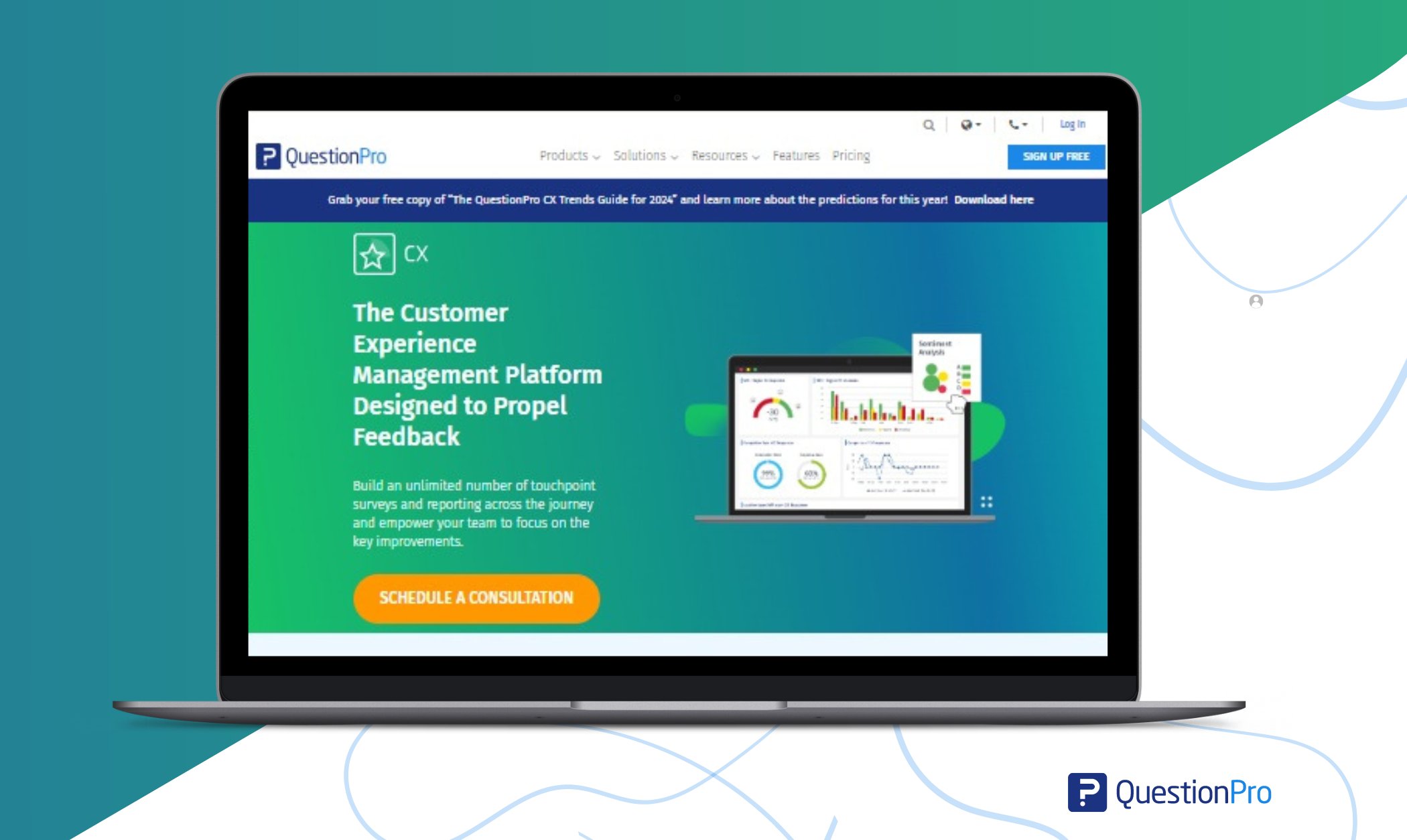
Key Features:
- Robust survey creation tools with various question types and customization options.
- Advanced analytics capabilities to analyze survey data and derive actionable insights.
Customizable reporting dashboards for visualizing survey results and trends.
- Integration options with other business systems for seamless data transfer and analysis.
- Multi-channel feedback collection, including web, mobile, email, and more.
Pricing: Most popular plans start at $99 per month, with pricing tiers available for businesses of all sizes. Custom pricing options are available for enterprises with specific needs.
2. Totango
Totango is a customer success management platform designed to help businesses increase customer retention, reduce churn, and drive growth.
Key Features:
- Customer health scoring to identify at-risk accounts and prioritize actions.
- Lifecycle management features to guide customers through onboarding, adoption, and expansion.
- Automated workflows for proactive customer outreach and intervention.
- Integration capabilities with CRM, support, and marketing systems for holistic customer management.
Advanced analytics and reporting to measure success metrics and track performance over time.
Pricing: Custom pricing is available upon request and tailored to each business’s specific needs and scale.
3. Gainsight
Gainsight is a comprehensive customer success platform designed to help businesses drive proactive engagement, retention, and growth. It offers tools for analyzing customer data, automating workflows, and monitoring customer health data to ensure long-term success.
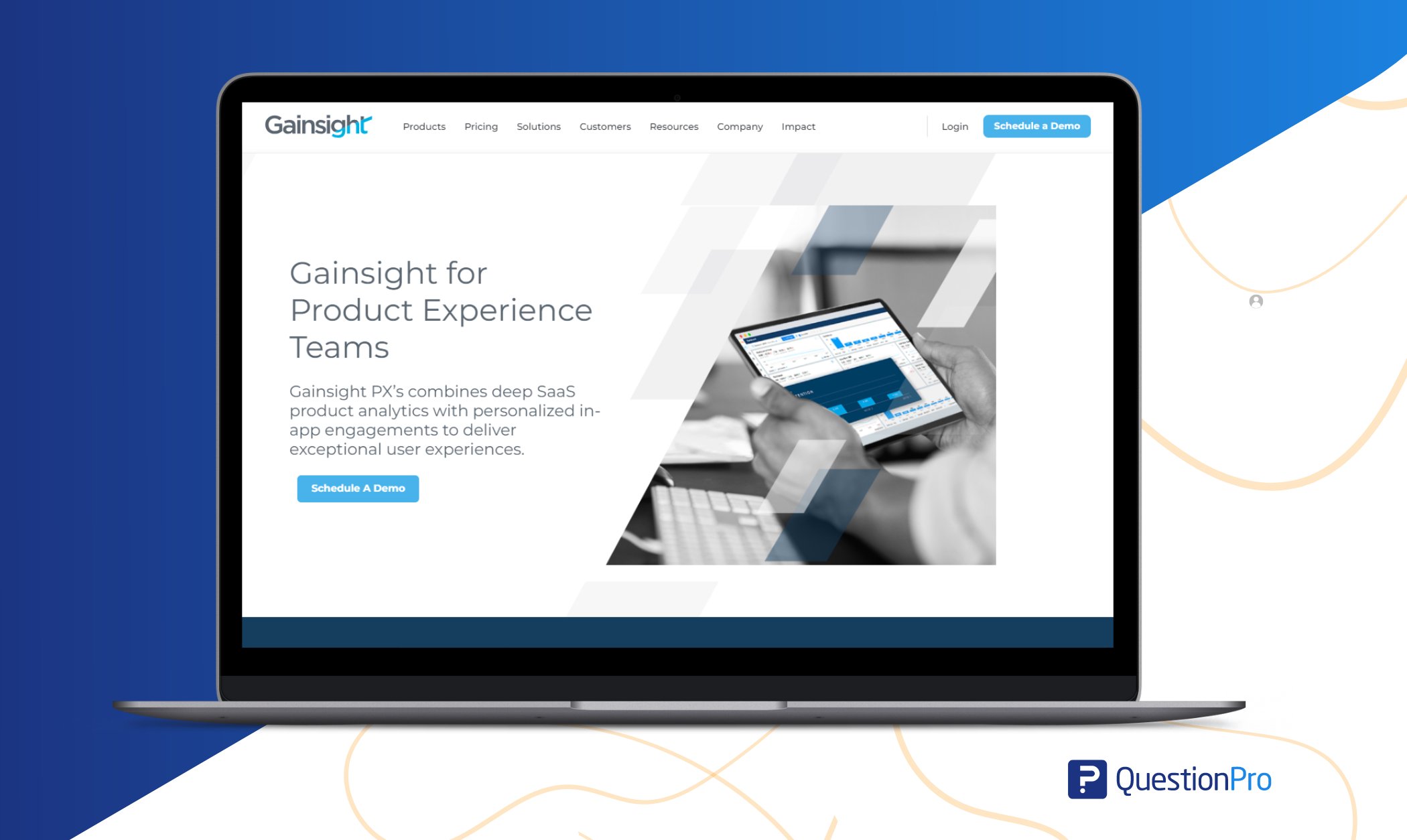
Key Features:
- Utilize advanced analytics to glean insights into customer preferences and behavior.
- Automation capabilities for streamlining customer interactions and workflows.
- Health monitoring to identify at-risk customers and take proactive actions.
- Integration with CRM and other systems for seamless data management and analysis.
Pricing: Custom pricing based on business size and requirements.
4. Salesforce Service Cloud
Salesforce Service Cloud stands out as a robust customer service platform. It offers a unique blend of tools for case management, knowledge base creation, and omnichannel support. It’s designed to help businesses deliver exceptional support experiences, setting them apart.
Key Features:
- Knowledge base management for providing self-service support options.
- Integration with Salesforce CRM for a unified view of customer interactions.
- AI-powered chatbots for automating customer support tasks.
- Advanced analytics and reporting capabilities for monitoring service performance.
Pricing: Salesforce Service Cloud pricing starts from $25 per user per month, with additional costs for customization options and advanced features.
5. Zendesk
Zendesk, a globally trusted customer service and engagement platform, is relied upon by businesses worldwide. It provides a comprehensive suite of tools to efficiently manage customer interactions across various channels, including email, chat, phone, and social media.

Key Features:
- Ticketing systems for efficient management of customer support requests.
- Knowledge base management for self-service support options.
- Integration with CRM and other business systems for seamless data synchronization.
- Customizable reporting and analytics dashboards for performance tracking.
Pricing: Zendesk offers a range of pricing plans starting from $55 per agent per month, with additional features available in higher-tier plans.
6. UserIQ
UserIQ is a customer success platform that helps businesses drive user adoption, retention, and expansion. It provides onboarding, engagement, and insights tools to optimize the user experience and maximize customer satisfaction.
Key Features:
- User onboarding guidance and walkthroughs will help users get started with the product.
- In-app messaging and notifications to communicate important updates, announcements, and offers.
- User analytics and behavior tracking to understand how users interact with the product and identify areas for improvement.
- Reporting and analytics dashboard for tracking user adoption, engagement, and satisfaction metrics.
Pricing: Custom pricing is available upon request.
7. HubSpot
HubSpot is a comprehensive CRM and customer success platform that helps businesses attract, engage, and delight customers. It provides tools for marketing, sales, and customer service to deliver a seamless customer experience.
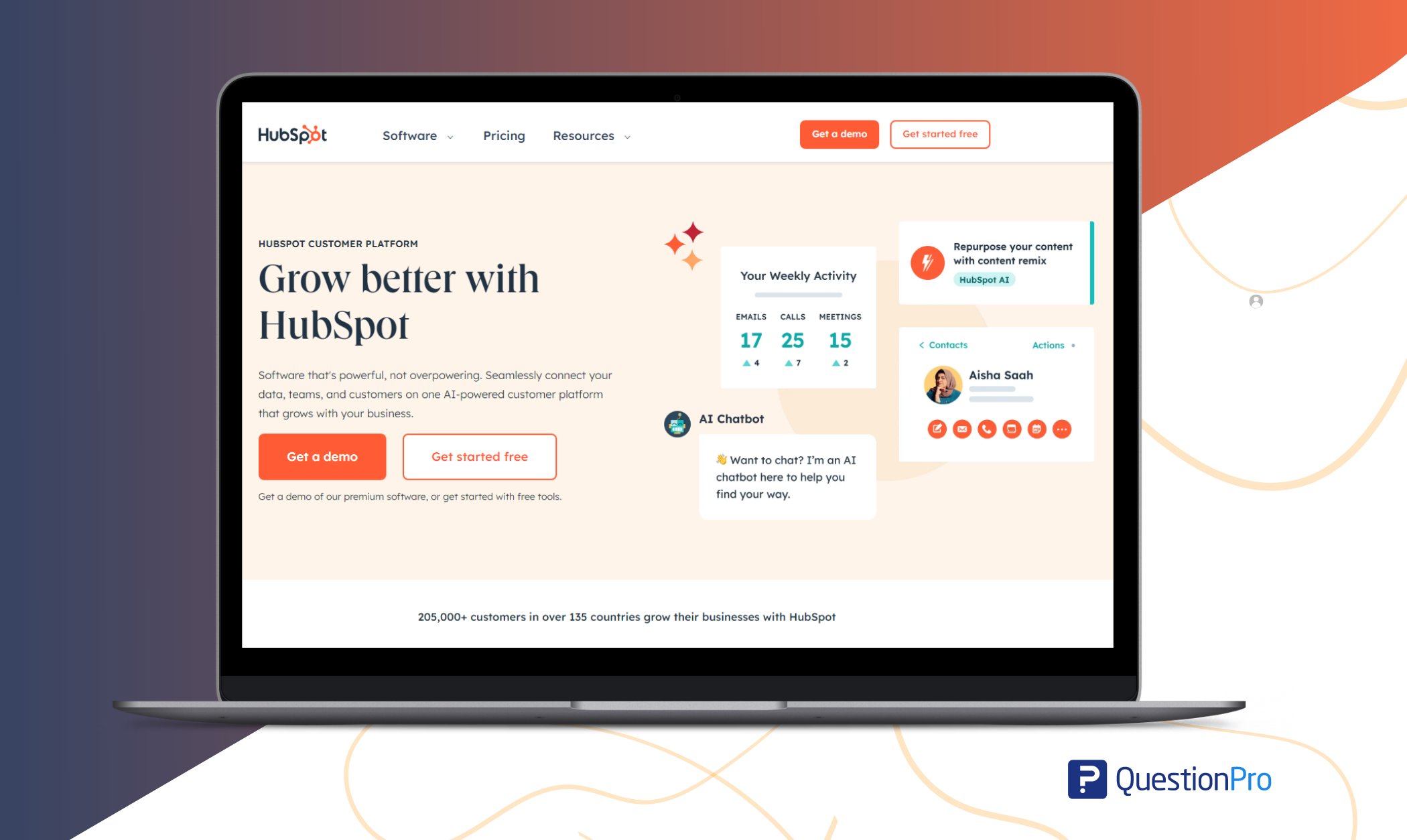
Key Features:
- Sales automation tools for managing leads, contacts, and deals to accelerate the sales process and drive revenue growth.
- Customer service tools for managing support tickets, inquiries, and feedback to deliver exceptional customer experiences.
- Integration capabilities with third-party apps and tools for seamless data synchronization and workflow automation.
- Reporting and analytics dashboard for tracking marketing, sales, and customer service performance metrics.
Pricing: Plans start at $890 per month.
8. Catalyst
Catalyst is a customer success platform that focuses on customer health scores, proactive engagement, and lifecycle management.
Key Features:
- Customer health scoring algorithms to assess the health of individual accounts.
- Integration with CRM and other business systems for centralized data management.
- Real-time alerts and notifications to flag potential risks or opportunities.
- Analytics and reporting features to track customer success metrics and outcomes.
Pricing: Custom pricing options available.
9. ClientSuccess
ClientSuccess is a customer success management software designed to help businesses drive customer retention, expansion, and advocacy. It provides tools for tracking customer health, managing renewals, and fostering strong relationships.
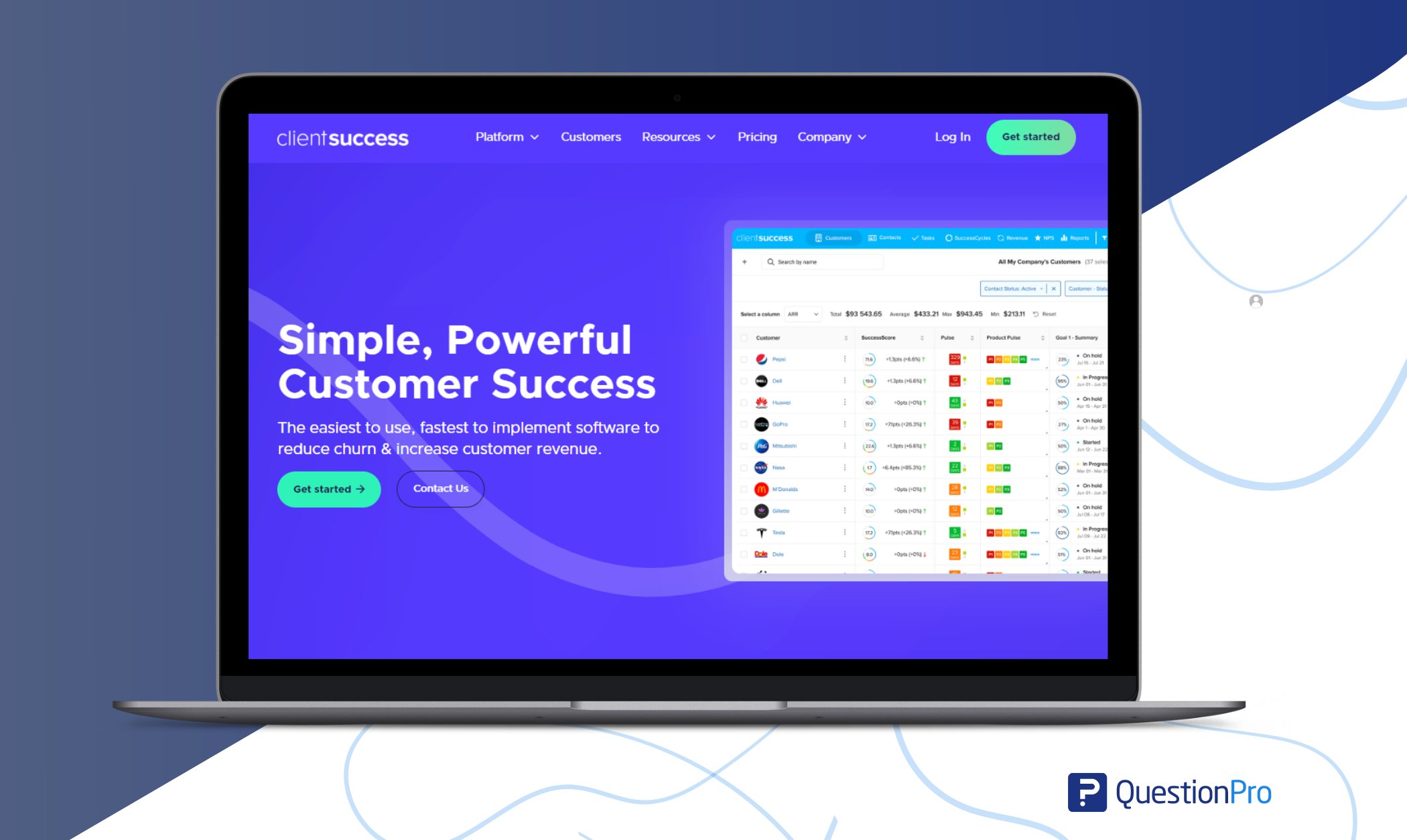
Key Features:
- Customer health monitoring to assess engagement, satisfaction, and potential churn risks.
- Renewal management features to streamline the renewal process and maximize retention rates.
- Integration capabilities with CRM, support, and billing systems for comprehensive customer data management.
- Reporting and analytics dashboard for tracking key customer metrics and performance indicators.
Pricing: Custom pricing is available upon request.
Importance of a Customer Success Tool
A Customer success tool is essential for businesses seeking real success. It serves as the backbone of customer-centric strategies, enabling companies to:
- Improve Customer Satisfaction: By monitoring customer health, analyzing feedback, and proactively addressing issues, right customer success software helps ensure that customers receive the support and attention they need, leading to higher satisfaction.
- Drive Retention: Through data analytics and proactive engagement, businesses can identify at-risk customers and take targeted actions to prevent churn, maximizing retention rates and preserving recurring revenue streams.
- Optimize Efficiency: Customer success software optimizes operations by automating routine tasks and workflows, allowing customer success teams to allocate more time and resources to high-priority activities and strategic endeavors.
- Foster Growth: By delivering personalized experiences and nurturing strong customer relationships, businesses can unlock opportunities for upselling, cross-selling, and expansion, driving long-term growth and profitability.
- Gain Competitive Advantage: Businesses prioritizing customer success have a distinct competitive advantage. Right customer success software enables companies to differentiate themselves by delivering exceptional experiences and building loyal customer bases.
A customer success tool is essential for businesses to thrive. It enables companies to enhance satisfaction, drive retention, optimize efficiency, foster growth, and gain a competitive edge, ultimately leading to long-term success and profitability.
Why QuestionPro can be The Best Customer Success Software
QuestionPro stands out as a premier option for customer success, boasting comprehensive features that elevate customer engagement, satisfaction, and loyalty. Here’s why it stands out as the optimal choice:
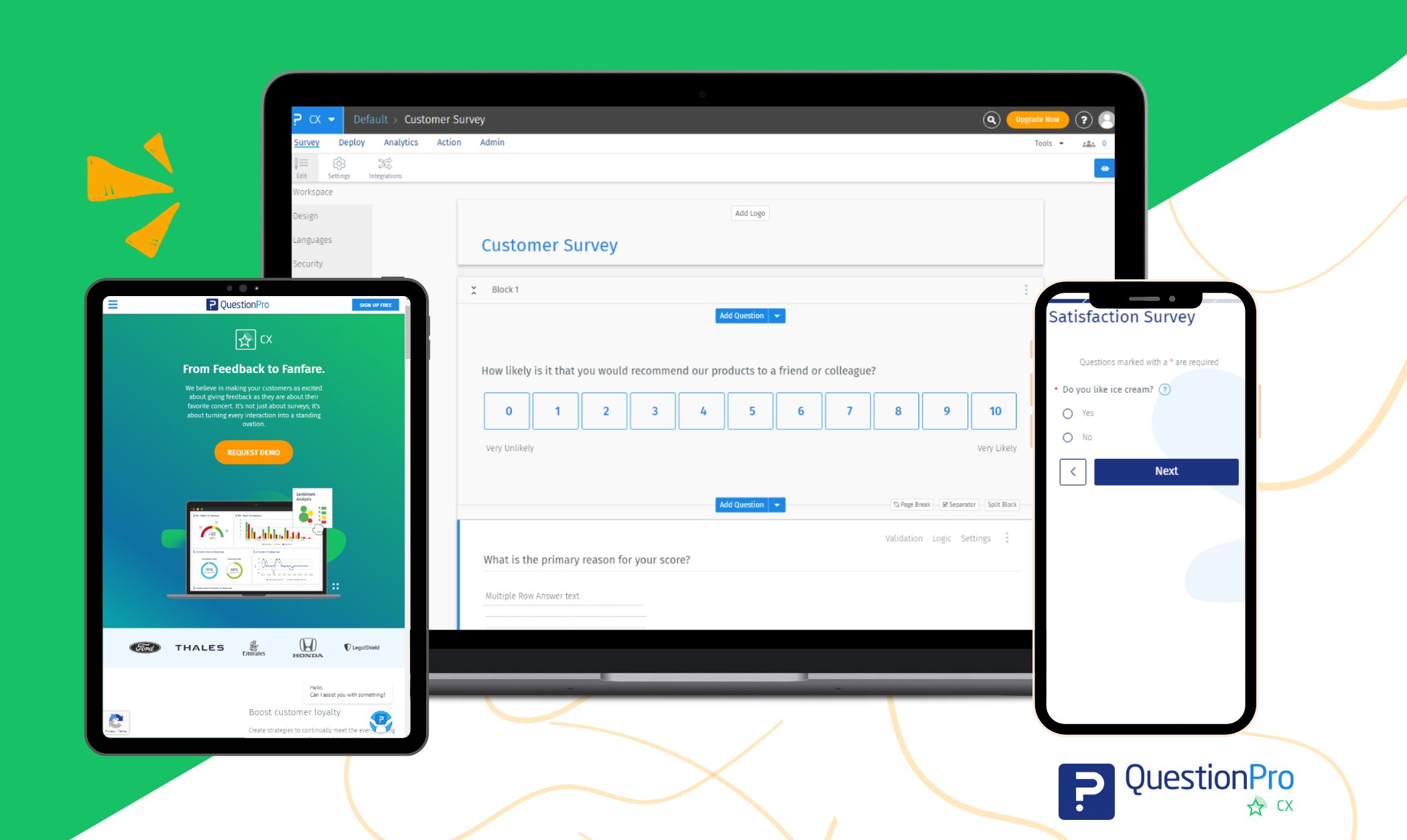
1. Versatile Survey and Feedback Management
QuestionPro offers robust tools for survey creation, encompassing diverse question types and customization options. This versatility empowers businesses to tailor surveys to their unique requirements, facilitating the collection of detailed customer feedback.
2. Advanced Analytics Capabilities
With advanced analytics tools, QuestionPro enables businesses to delve deep into survey data and extract actionable insights. These capabilities empower organizations to understand customer preferences, behaviors, and satisfaction levels, facilitating informed decision-making.
3. Customizable Reporting Dashboards
QuestionPro offers customizable reporting dashboards for visualizing survey results and trends. These dashboards provide:
- Real-Time Visibility: Access immediate insights into customer feedback.
- Customizable Reporting: Tailor dashboards to specific business needs.
- Visualization of Survey Results: Easily interpret survey data through visual aids.
- Trend Analysis: Identify and analyze trends over time.
- Informed Decision-Making: Empower businesses to make data-driven decisions.
4. Integration Options
The seamless integration with other business systems ensures effortless data transfer and analysis within QuestionPro.This capability allows businesses to leverage existing data and workflows, optimizing operational efficiency and effectiveness.
5. Multi-Channel Feedback Collection
Support for multi-channel feedback collection enhances customer engagement across diverse touchpoints. By embracing a multi-channel approach, businesses can:
- Collect Feedback Across Platforms: Utilize web, mobile, and email surveys to gather customer insights.
- Ensure Comprehensive Feedback Collection: Guarantee thorough feedback from all customer interaction points.
- Gain Deeper Insights: Understand customer sentiments and preferences more profoundly.
- Enhance Customer Engagement: Improve interaction and engagement with customers across multiple channels.
QuestionPro’s versatility, advanced analytics capabilities, customizable reporting dashboards, integration options, multi-channel feedback collection, and cost-effectiveness render it a compelling solution for businesses committed to driving customer success and satisfaction.
Conclusion
Customer success tools are indispensable assets, enabling organizations to cultivate solid and lasting customer relationships. By leveraging advanced analytics, proactive engagement strategies, and streamlined workflows, these tools empower businesses to anticipate customer needs, address issues proactively, and deliver personalized experiences that drive satisfaction and loyalty.
Furthermore, customer success tools drive business growth and success by maximizing retention rates, uncovering upsell and cross-sell opportunities, and fostering a customer-centric culture.
Adopting Customer success tools represents a strategic investment for businesses prioritizing customer success. With their comprehensive features, intuitive interfaces, and measurable impact on key business metrics, these tools empower organizations to meet and exceed customer expectations, laying the foundation for sustained growth and competitiveness.
A customer success tool is a comprehensive and user-friendly customer sucess software solution. It’s designed to assist businesses in effectively managing and nurturing customer relationships.
The four pillars of customer success are:
1. Proactive Engagement: Address concerns and anticipate needs.
2. Customer-Centric Culture: Prioritize customer needs and act on feedback.
3. Data-Driven Insights: Use analytics for informed decisions.
4. Continuous Improvement: Regularly refine processes based on feedback.
Customer success and CRM (Customer Relationship Management) are not the same but are related.
Customer success assures customers achieve their desired outcomes, while CRM manages customer interactions and data. They are related but distinct concepts.




